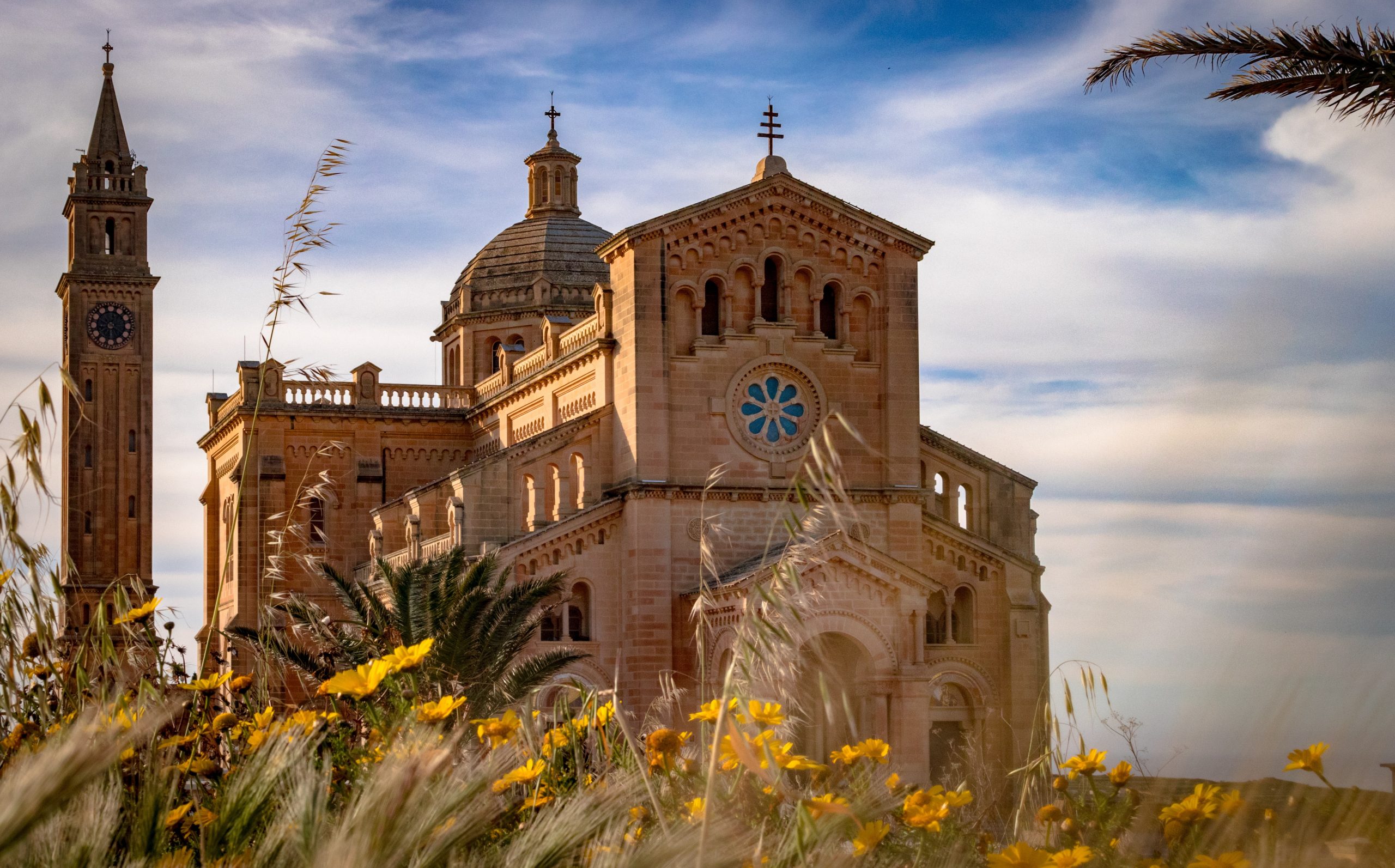A number of countries recently came together to promote the advantages of their “golden passports”
In the ballroom of a five-star London hotel, the prime ministers of St Lucia, Albania, and Montenegro as well as several ministers and senior representatives of Malta, Cyprus, and Antigua and Barbuda took to the stage in front of a gathering of the world’s wealthiest people to extol the benefits of citizenship of their countries.
The three-day event cost £1,500 a ticket and was organised by Henley & Partners, a London-based firm that advises the wealthy clients interested in investment migration. Also promoting citizenships of their countries were Edi Rama, the prime minister of Albania and Duško Marković, the prime minister of Montenegro. The conference featured a keynote address by the former CIA director David Petraeus, and was compered by Nils Blythe, a former BBC business correspondent and ex-head of communications at the Bank of England.
Allen Chastanet, the prime minister of the Caribbean island of St Lucia, told the 300 people in attendance that his country’s economic mission was to attract high net-worth individuals. A $100,000 contribution to the island’s national economic fund will allow applicants to be granted St Lucian citizenship within three months. The St Lucian passport enables the holder to visa-free travel to 145 countries, including the UK, the European Union’s Schengen Area, Hong Kong and Singapore. There is no requirement for the country’s new citizens to reside on the island as long as the requisite fee has been paid and a home is purchased in the country.
Cyprus asks for an investment of at least €2m. As the island nation is a member of the EU its citizens can live, work and travel freely throughout the area. Cyprus has made about €6bn issuing about 4,000 passports since its scheme was introduced in 2013.
Rama launched Albania’s citizenship-by-investment programme at the conference touting its enormous potential and promising successful applicants a 10-year tax holiday. Although not quite there yet, Albania is a candidate for accession to the EU which would give new Albanian citizens the right to live and work across the region. Marković offered 2,000 persons Montenegrin citizenship in return for a €100,000 contribution to the government’s coffers plus a property investment of at least €250,000.
“There should be no weak link in the EU, where people could shop around for the most lenient scheme.”
Věra Jourová, the incumbent EU commission vice-president
The issue of citizenship schemes raises a number of concerns. While its advocates claim international investment migration drives industry, diversifies foreign direct investment and creates sustainable growth for the countries involved and opportunities for their people, such schemes understandably also have their detractors.
Věra Jourová, the incumbent EU commission vice-president has warned of the serious security risk such programmes create as new citizens have exactly the same rights of other EU citizens. She has warned that the EU must remain vigilant and not become a safe haven for criminals, corruption and illegal funds and has called for more transparency in the way applicants are vetted and nationality is granted. Cyprus has recently had to revoke the citizenship of Jho Low, a Malaysian businessman and international fugitive sought by the authorities in Malaysia, Singapore, and the United States in connection with the 1MDB scandal and that of 25 other suspects to whom it had sold passports. Malta, also an EU member state, has sold citizenship to five people charged with criminal offences overseas. They include Anatoly Hurgin, an Israeli citizen charged by the US and Israeli authorities with fraud, smuggling and money-laundering. The government of Montenegro said individuals would only be granted citizenship following very thorough security checks.
Ben Cowdock, a researcher at the anti-corruption campaign group Transparency International UK, has warned that selling citizenship has dubious economic benefits and provides a safe haven to those with deep pockets and a past to hide. He has questioned whether the policy of selling residency and citizenship should be allowed to continue.




